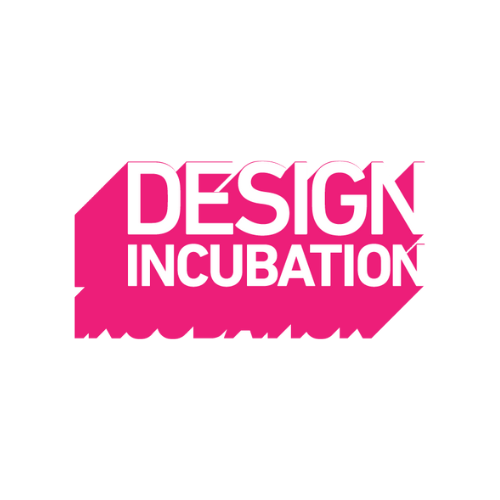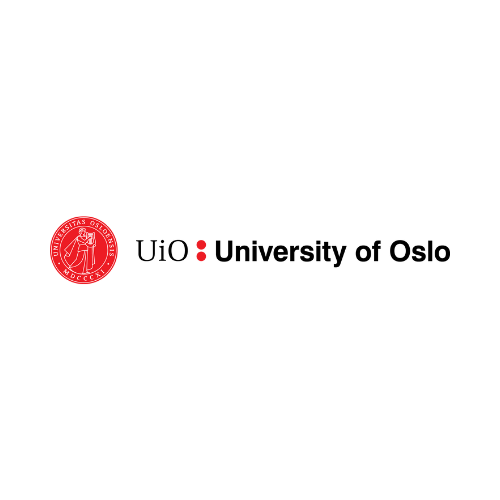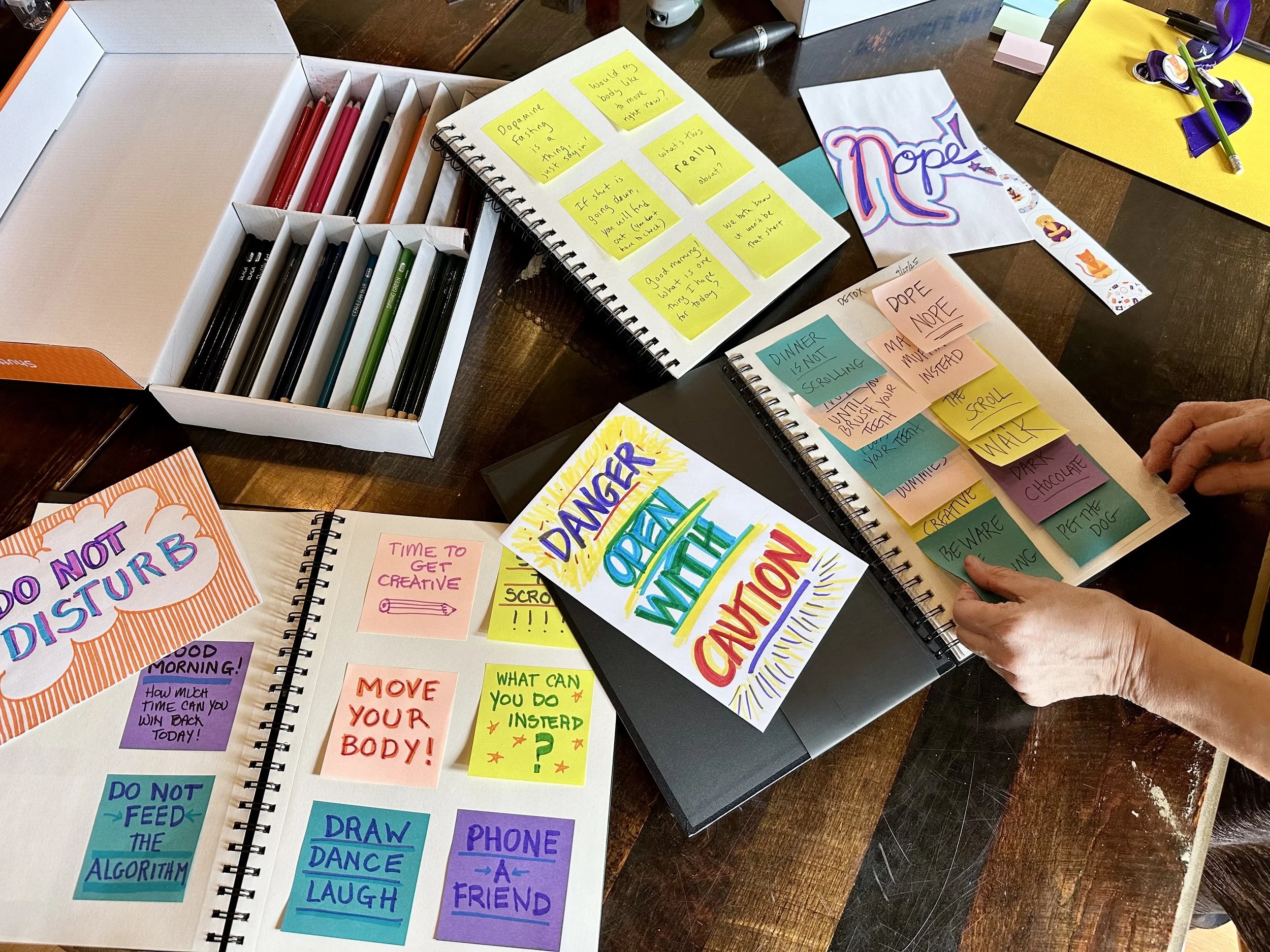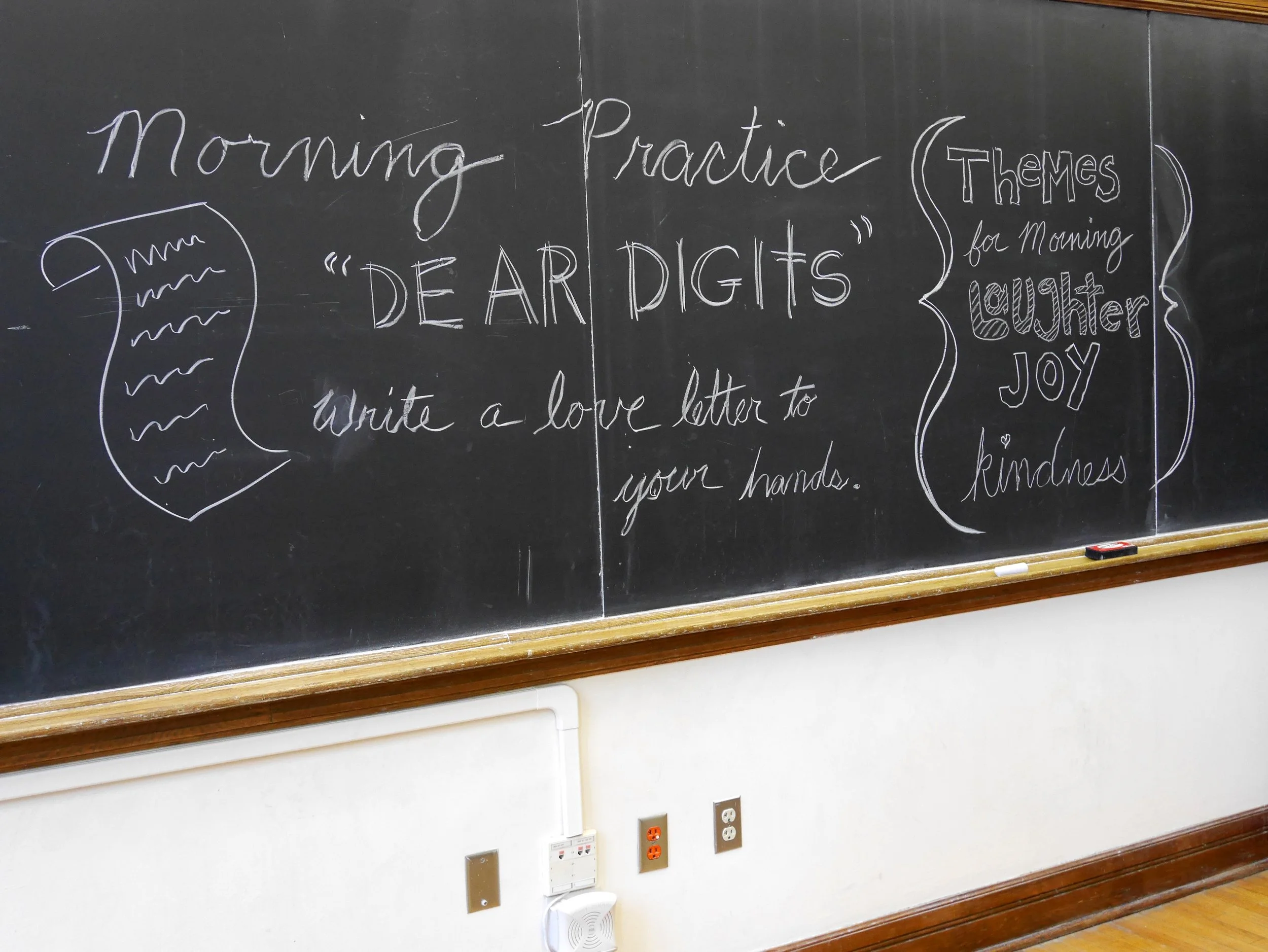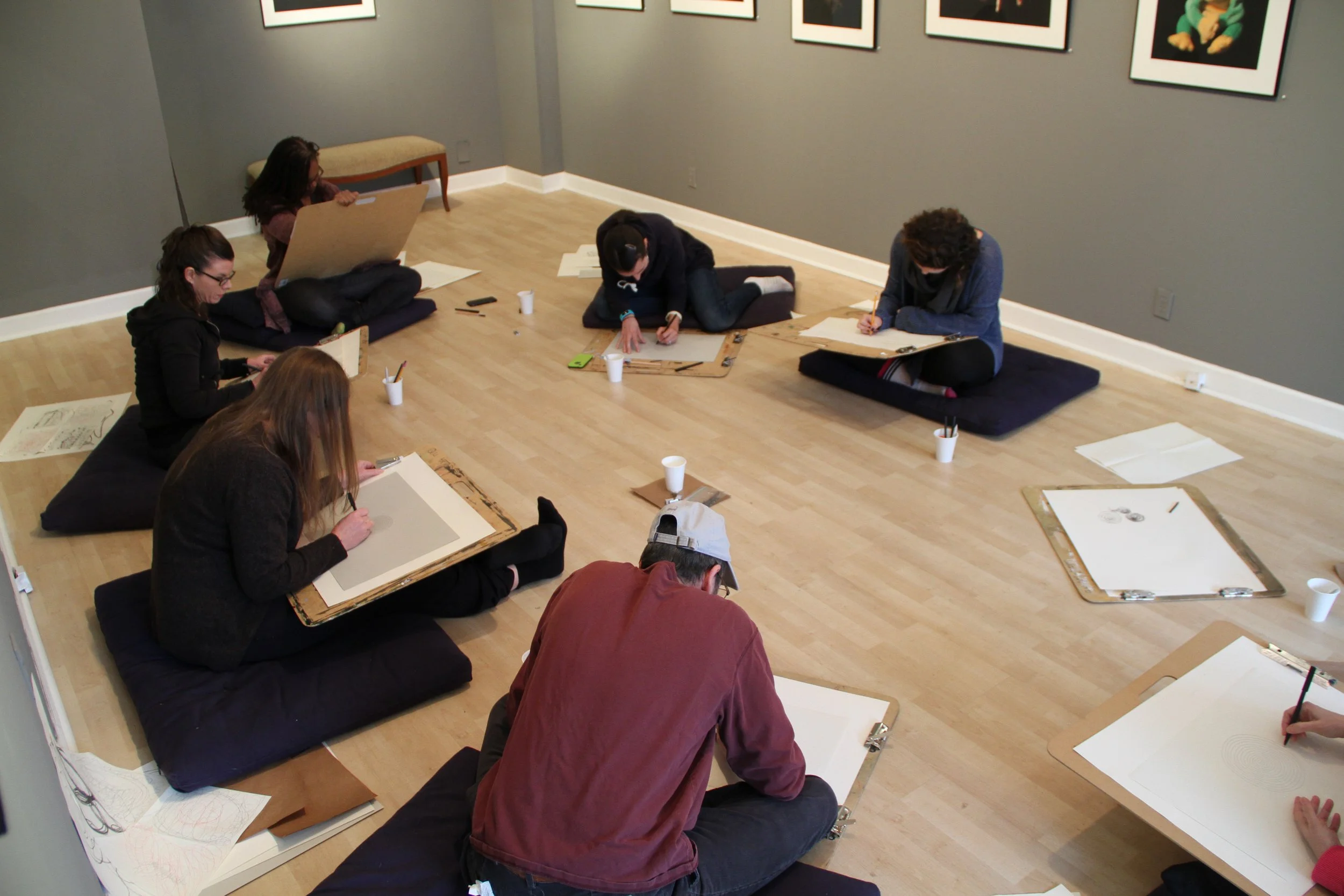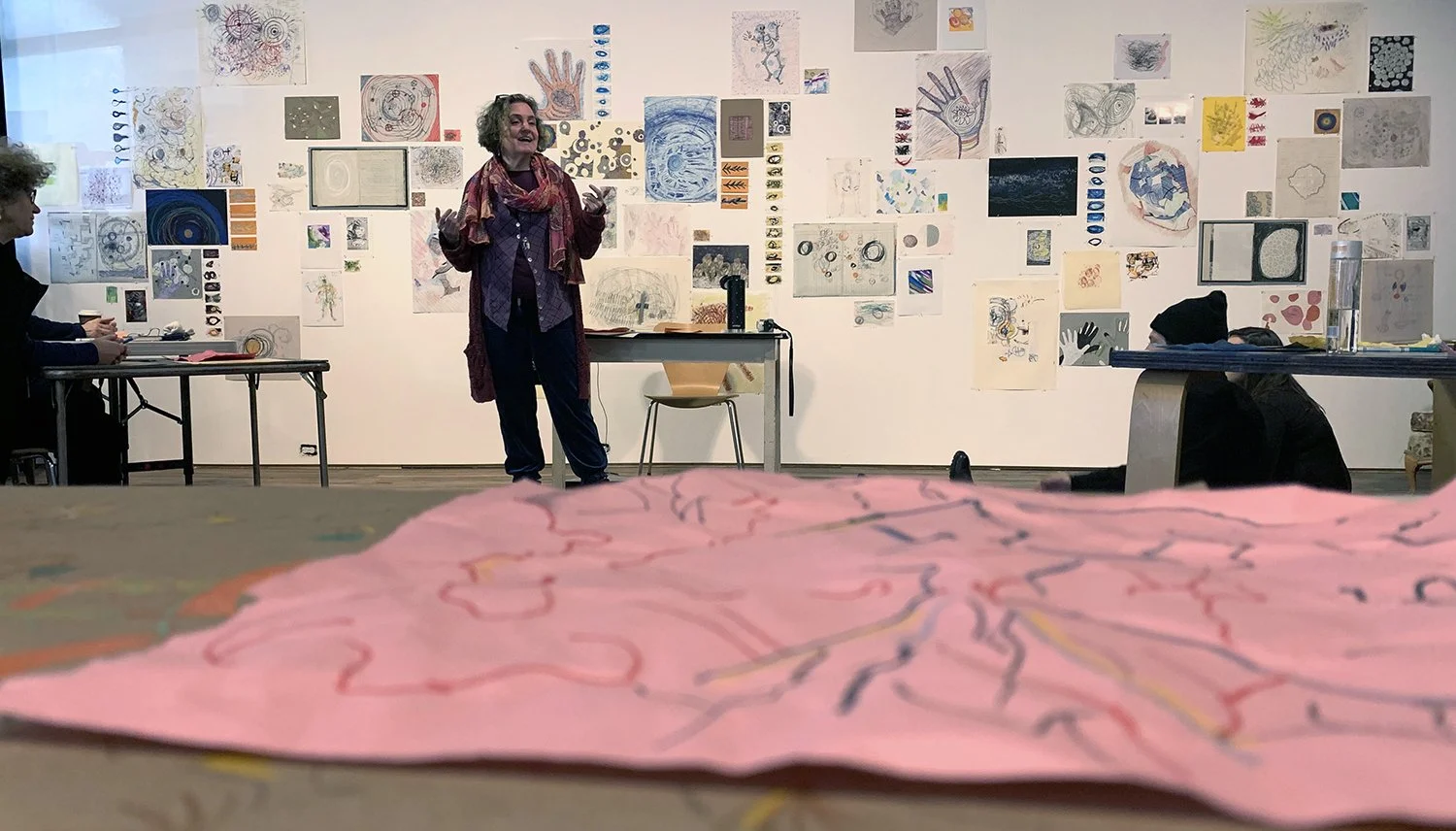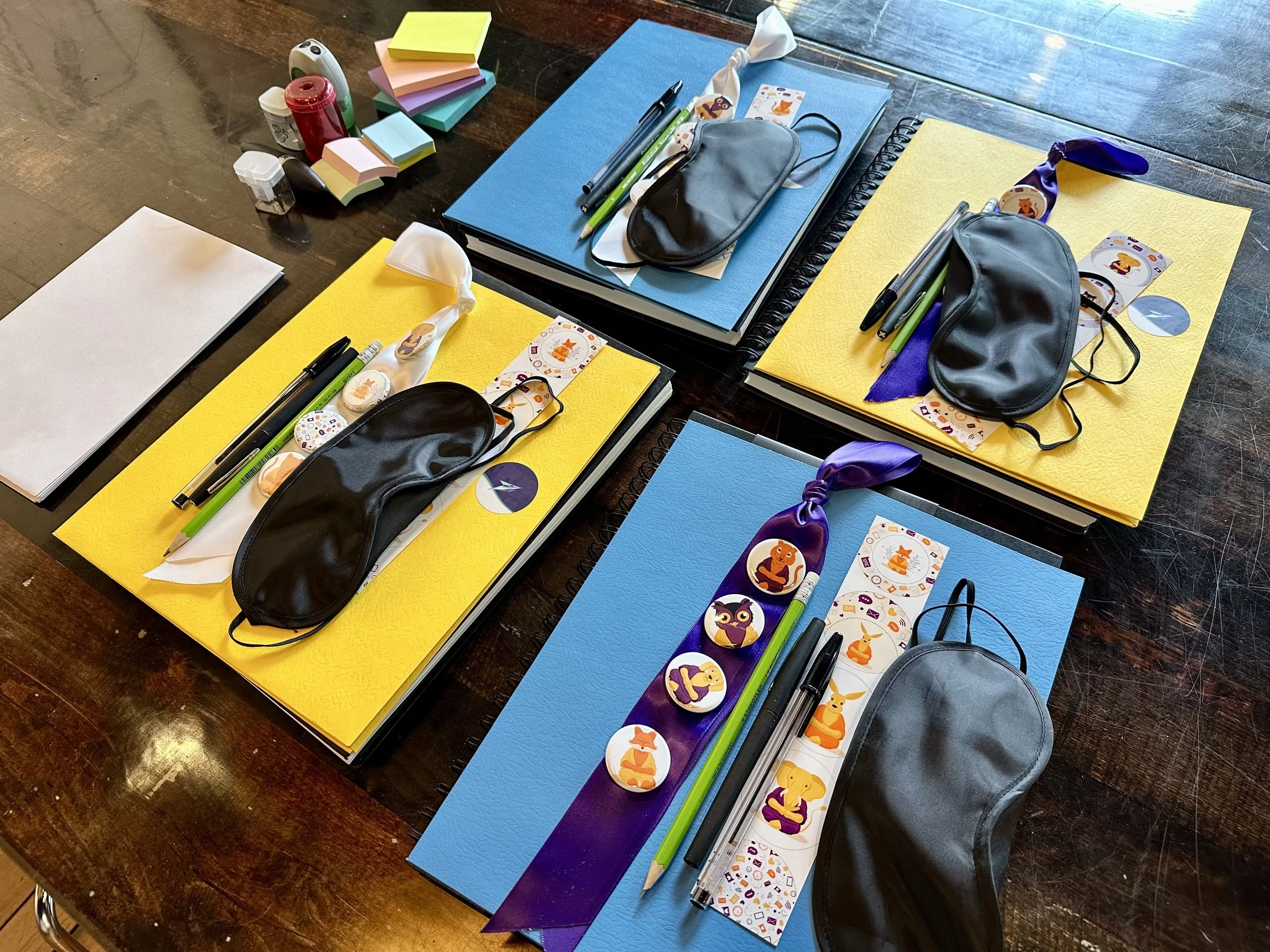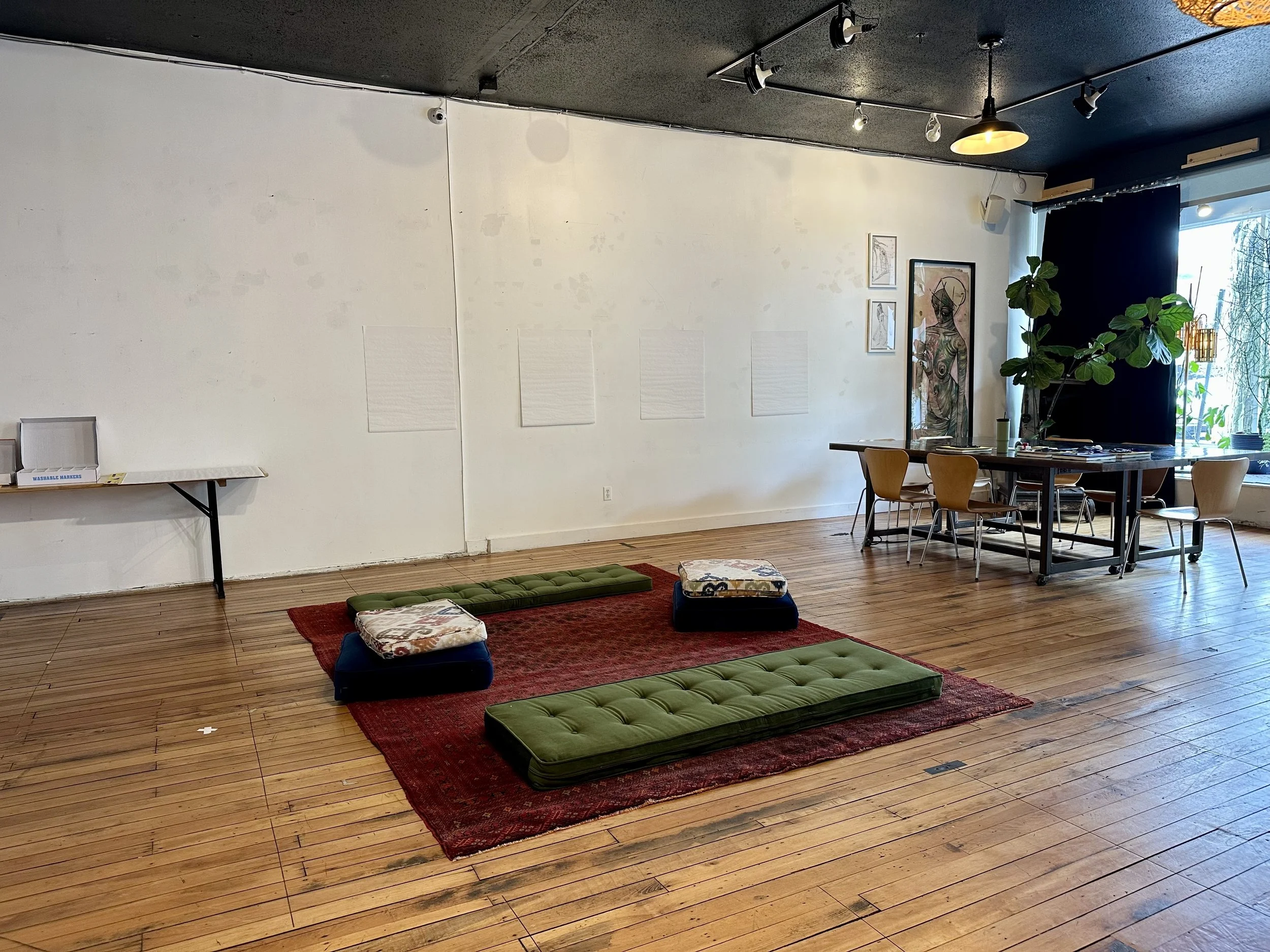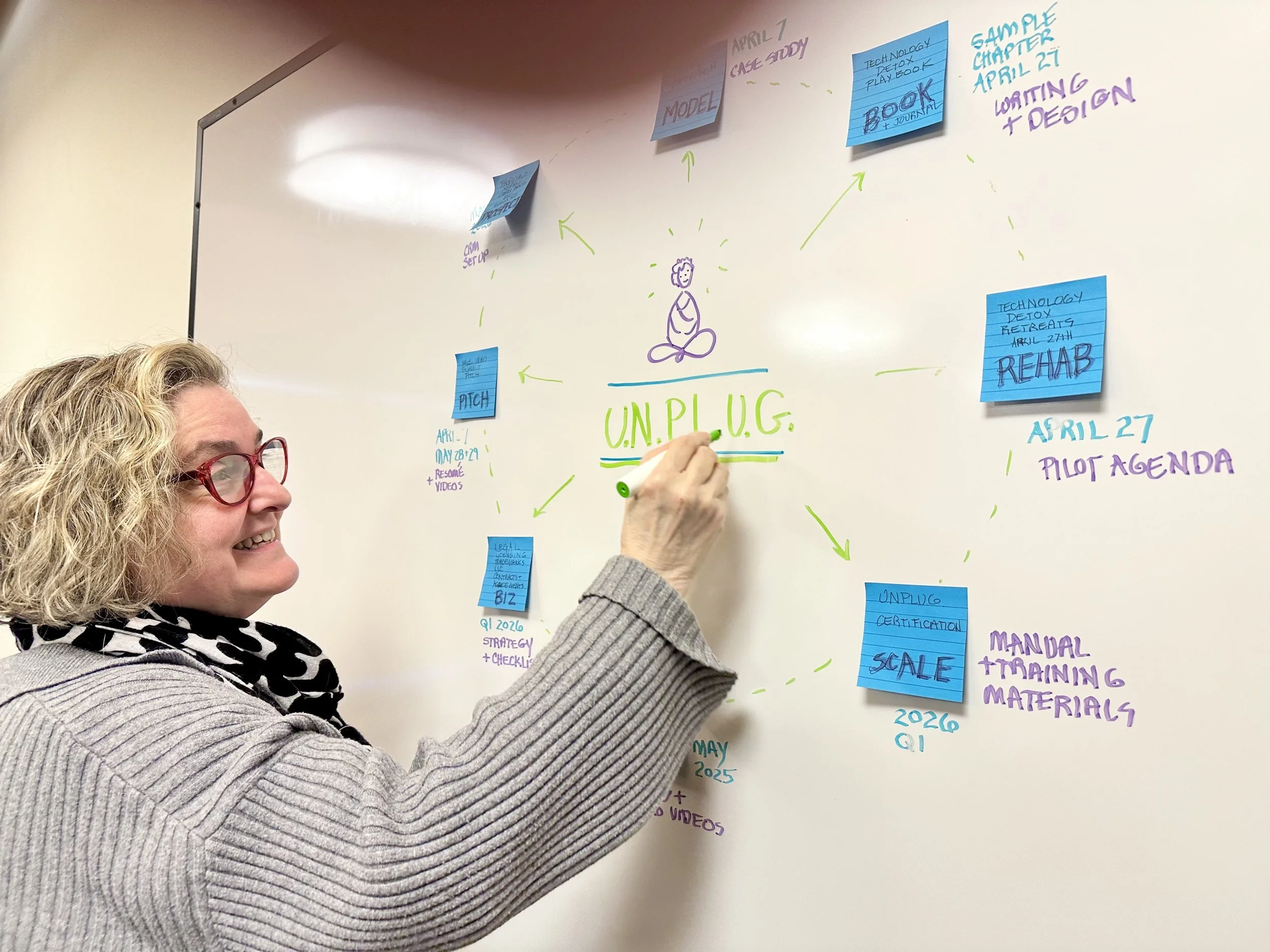
Technology Detox
Relevant Research Links
Selected Research Examples
American Psychiatric Association. (n.d.). Technology addictions: Social media and more. Retrieved from https://www.psychiatry.org/patients-families/technology-addictions-social-media-and-more
This resource explains technology addiction, including social media and gaming, covering symptoms, causes, and treatment options. It provides helpful information for patients and families to understand behavioral technology-related disorders.
A&E Television Networks. (n.d.). Digital addiction resources. Retrieved from https://www.aetv.com/shows/digital-addiction/exclusives/digital-addiction-resources
Accompanying A&E’s "Digital Addiction" series, this page offers educational materials and support resources designed to raise awareness and assist viewers managing problematic technology use.
Regis University. (2023). Campus-wide digital detox challenge promotes student wellbeing. Retrieved from https://www.regis.edu/news/2023/regis-life/11/digital-detox-challenge
This article details a university-led digital detox challenge encouraging students to reduce screen time to improve mental health. It highlights strategies for unplugging within an academic setting.
Jones, B. (2023, August 1). Digital well-being strategies: How to build a healthy relationship with screens. Forbes. https://www.forbes.com/sites/womensmedia/2023/08/01/digital-well-being-strategies-how-to-build-a-healthy-relationship-with-screens/
Jones offers expert-backed advice on cultivating intentional technology use and establishing boundaries to maintain mental wellness alongside digital engagement.
Virtual Addiction. (2024). Technology addiction statistics 2024. Retrieved from https://virtual-addiction.com/technology-addiction-statistics-2024/
This site compiles current global statistics on technology addiction, providing data on screen time trends and demographic insights that illustrate the scope of digital overuse.
Griffiths, M. D. (2017). Internet addiction: Fact or fiction? International Journal of Mental Health and Addiction. Retrieved from https://pmc.ncbi.nlm.nih.gov/articles/PMC11109987/
Griffiths critically examines internet addiction, discussing diagnostic challenges and exploring behavioral and psychological factors involved, emphasizing the need for further research.
Zhou, Y., Lin, F.-C., Du, Y.-S., Qin, L.-D., Zhao, Z.-M., Xu, J.-R., & Lei, H. (2018). Neurobiological mechanisms of internet gaming disorder. Frontiers in Psychiatry, 9, 190.
Retrieved from https://pmc.ncbi.nlm.nih.gov/articles/PMC5844169/
This review synthesizes current research on the brain changes associated with compulsive gaming, providing neurobiological insights into internet gaming disorder and related behaviors.
Smith, A., et al. (2023). Screen time and mental health: Associations and public health implications. Journal of Affective Disorders. Retrieved from https://www.sciencedirect.com/science/article/abs/pii/S0165032722006735
This study investigates the relationships between digital device use patterns and mental health outcomes, emphasizing potential risks of excessive screen exposure.
Brand, M., et al. (2022). Behavioral addictions: Classification, clinical features, and treatment. Current Addiction Reports, 9(1), 43–52. Retrieved from https://pmc.ncbi.nlm.nih.gov/articles/PMC11392003/
A comprehensive review comparing behavioral addictions like technology use to substance addictions, detailing clinical features and therapeutic strategies.
TechRound. (2023). Top 10 startups innovating in digital detox. Retrieved from https://techround.co.uk/startups/top-10-startups-digital-detox/
This article profiles innovative startups developing apps and retreats focused on digital detoxification and reducing screen dependency.
Burock Games. (n.d.). Time Clocker [Android application]. Google Play Store. https://play.google.com/store/apps/details?id=com.burockgames.timeclocker
An app for Android users that tracks and limits screen time, encouraging healthier device habits through customizable timers and reports.
Taylor, D. (2017). Digital detox. Bloomsbury Publishing. https://www.bloomsbury.com/us/digital-detox-9781440878114/
Taylor offers practical mindfulness and behavioral strategies to reduce digital dependence and improve focus and wellbeing.
American Psychiatric Association. (n.d.). What is technology addiction? Retrieved from https://www.psychiatry.org/patients-families/technology-addictions-social-media-and-more/what-is-technology-addiction
A concise explanation of technology addiction, detailing symptoms and classification aimed at informing patients and caregivers.
Internet Addicts Anonymous. (n.d.). Retrieved from https://internetaddictsanonymous.org
A peer-support community based on 12-step recovery principles, providing resources for individuals seeking to overcome compulsive internet use.
Lee, S., et al. (2023). The cognitive and emotional effects of excessive technology use in adolescents. Journal of Adolescent Health. Retrieved from https://pubmed.ncbi.nlm.nih.gov/35760188/
This research explores how heavy technology use affects cognition and emotion in adolescents, offering guidance on interventions.
Hazelden Betty Ford Foundation. (n.d.). Teen technology addiction. Retrieved from https://www.hazeldenbettyford.org/articles/teen-technology-addiction
An overview of signs, causes, and treatment options for teen technology addiction emphasizing the role of family support.
Wang, Y., et al. (2025). Prevalence and patterns of digital addiction: A global study. Journal of Medical Internet Research, 27(1), e59656. Retrieved from https://www.jmir.org/2025/1/e59656
A large-scale international study reporting on digital addiction prevalence and behavioral patterns globally.
Embark Behavioral Health. (n.d.). What is technology addiction? Retrieved from https://www.embarkbh.com/blog/technology/what-is-technology-addiction/
Provides a clear explanation of technology addiction symptoms and effects with guidance for recognizing problematic use.
Sandstone Care. (n.d.). Understanding technology addiction. Retrieved from https://www.sandstonecare.com/blog/technology-addiction/
This blog post outlines common signs, risk factors, and recovery options related to technology addiction.
TechTarget. (n.d.). Internet addiction definition. Retrieved from https://www.techtarget.com/searchcio/definition/Internet-addiction
A brief overview of internet addiction symptoms and its impact on workplace productivity, with mitigation strategies.
University of Sydney Brain and Mind Centre. (n.d.). Technology addiction research. Retrieved from https://www.sydney.edu.au/brain-mind/our-research/technology-addiction.html
Summarizes research into cognitive and behavioral impacts of technology addiction using neuroimaging and behavioral studies.
Kumar, Manish, et al. (2018). A study on Internet addiction and its relation to psychopathology and self-esteem among college students. Retrieved from https://pmc.ncbi.nlm.nih.gov/articles/PMC6198588/
Explores internet use and its relation to psychopathology and self-esteem among college students..
Association of American Universities. (n.d.). Do you have technology addiction? Retrieved from https://www.aau.edu/research-scholarship/featured-research-topics/do-you-have-technology-addiction
Summarizes technology addiction research, highlighting prevalence and academic effects in university populations.
University of Toronto. (2023). Researchers track global smartphone addiction patterns: Largest ever study. Retrieved from https://www.utm.utoronto.ca/main-news/researchers-track-global-smartphone-addiction-patterns-largest-ever-study
Reports findings from the largest global study examining smartphone addiction demographics and behaviors.
Internet Addicts Anonymous. (n.d.). Scientific evidence supporting internet addiction recovery. Retrieved from https://internetaddictsanonymous.org/scientific-evidence/
Presents a collection of research studies validating internet addiction as a diagnosable condition and supporting recovery approaches.
Zubair, R., et al. (2021). Smartphone Addiction and Associated Health Outcomes in Adult Populations: A Systematic Review. International Journal of Environmental Research and Public Health, 17(20), 7513. Retrieved from https://pmc.ncbi.nlm.nih.gov/articles/PMC8622754/
This paper reviews global data on problematic internet use and suggests policy recommendations for public health.
Zhang, J., et al. (2019). Does cognitive behavioral therapy reduce internet addiction? Medicine (Baltimore), 98(38), e17173. Retrieved from https://journals.lww.com/md-journal/fulltext/2019/09200/does_cognitive_behavioral_therapy_reduce_internet.81.aspx
Reports clinical trial findings supporting CBT’s effectiveness in reducing internet addiction symptoms.
Cash, H., et al. (2012). Internet Addiction: A Brief Summary of Research and Practice. Current Psychology Review, . Retrieved from https://pmc.ncbi.nlm.nih.gov/articles/PMC3480687/
A brief overview of research on IAD and theoretical considerations from a practical perspective based on years of daily work with clients suffering from Internet addiction.
Wang, H., et al. (2024). Family-based therapy for internet addiction among adolescents and young adults: A meta-analysis. Journal of Behavioral Addictions. Retrieved from https://akjournals.com/view/journals/2006/13/2/article-p295.xml
The present meta-analysis aims to review the efficacy of family-based therapy on Internet addiction in adolescents and young adults.
Ayab, S., et al. (2023). Treatment Modalities for Internet Addiction in Children and Adolescents: A Systematic Review of Randomized Controlled Trials (RCTs).
Retrieved from https://pmc.ncbi.nlm.nih.gov/articles/PMC10179495/
Synthesizes international research linking technology addiction to mental health challenges.
Reddit User Community. (2023). App recommendations for digital detox [Online forum post]. Reddit. https://www.reddit.com/r/IPhoneApps/comments/139dbc9/app_for_digital_detox/
A community discussion sharing personal experiences and reviews of apps designed to support digital detox.
Urbandroid Team. (n.d.). Digital Detox Challenge [Android application]. Google Play Store. https://play.google.com/store/apps/details?id=com.urbandroid.ddc
An app providing structured challenges and tracking to help users reduce screen time and build mindful habits.
CMarix Tech. (2024). Best digital detox apps in 2024. Retrieved from https://www.cmarix.com/blog/best-digital-detox-apps/
Reviews and compares popular digital detox apps, highlighting features to aid users in managing technology use.
Digital Detox. (n.d.). Digital Detox: Unplug & Focus [iOS application]. Apple App Store. https://apps.apple.com/us/app/digital-detox-unplug-focus/id6532588334
An iOS app offering customizable focus sessions and usage statistics to help users reduce screen time and improve attention.
Screen Time Labs. (n.d.). Digital wellness tools. Retrieved from https://screentimelabs.com
Provides apps and tools aimed at tracking and limiting device use to encourage healthier digital habits through data insights.
Productivity Loss Due to Digital Distractions
Finding: It takes approximately 23 minutes and 15 seconds to regain focus after a digital distraction.
https://www.themuse.com/advice/this-is-nuts-it-takes-nearly-30-minutes-to-refocus-after-you-get-distracted
Source: Gloria Mark, Department of Informatics, University of California, Irvine.
https://www.ics.uci.edu/~gmark/chi08-mark.pdf
Impact of Digital Wellness on Productivity and Stress
Finding: Organizations prioritizing digital wellness observed a 21% improvement in productivity and a 25% decrease in employee burnout.
Source: Deloitte Insights.
https://www2.deloitte.com/us/en/insights/focus/human-capital-trends/2025/reclaiming-organizational-capacity.html
Benefits of Mindfulness Programs in the Workplace
Finding: Aetna’s mindfulness initiative led to an average gain of 62 minutes of productivity per employee per week, valued at approximately $3,000 annually.
Source: Fierce Healthcare
https://www.fiercehealthcare.com/payer/how-aetna-s-bertolini-embraces-mindfulness-to-improve-company-culture
Reduction in Healthcare Costs Through Mindfulness
Finding: Aetna’s mindfulness program resulted in a reduction of healthcare costs by over $2,000 per employee annually.
Source: MindShift
https://www.mindshift.community/resources/mindfulness-program-success-stories
Employee Engagement and Retention
Finding: Companies with engaged employees see 59% lower turnover rates.
Sources:
Gallup
https://www.gallup.com/workplace/349484/state-of-the-global-workplace.aspx
Dex Hub
https://dex.nexthink.com/articles/workplace-distractions/
HR Vision
https://www.hrvisionevent.com/content-hub/how-employee-wellbeing-affects-engagement-motivation-and-performance/
Research for Tech Detox ROI
Digital Wellbeing Gallery
What participants say:

For Meeting Professionals
Frequently Asked Questions
About Pattie Belle
-
📵 Expert in Digital Well-being & Focus Strategies: Helping people break free from tech overload
🧠 Science-Backed Approach: Grounded in neuroscience, mindfulness, and behavior design
🔥 Engaging, Interactive, & Actionable: More than theory. You’ll leave with a real plan
🚀 Custom-Tailored for Teams & Individuals: Designed to fit your digital habits & challenges
💡 Results-Driven Transformation: Helping people reclaim time, energy, and creativity -
Pattie Belle is a fierce advocate for human creativity, problem-solving, and innovation. She believes that every individual and team holds an untapped well of ingenuity—they just need the right tools and mindset to unlock it.
With decades of experience in creative strategy, facilitation, and Design Thinking, she is passionate about helping organizations break through stagnation, embrace uncertainty, and turn obstacles into opportunities.
Her mission? To empower leaders and teams to think differently, solve better, and create a future where innovation is not just a buzzword—but a way of working and thriving.
About Pattie Belle’s Workshops
-
Technology was designed to make us more connected, efficient, and productive—but today, constant notifications, digital overload, and screen addiction are costing businesses billions in lost productivity, engagement, and well-being.
📊 Harvard Business Review found that employees who manage digital distractions effectively are 47% more productive.
📊 Deloitte reports that digital overload contributes to $190 billion in lost productivity and $300 billion in stress-related health costs each year.
📊 A study by RescueTime found that the average employee spends 2.5 hours per day on distractions, costing businesses an estimated $10,375 per employee per year.What would a 10-20% increase in productivity, retention, and engagement mean for your company?
-
A Technology Detox helps organizations:
✅ Reduce digital distractions & reclaim focus: Increase deep work & meaningful output
✅ Improve employee well-being & engagement: Decrease stress, burnout & digital fatigue
✅ Boost productivity & efficiency: Eliminate wasted hours lost to mindless screen time
✅ Enhance work-life balance: Support healthier digital habits for teams and individuals
✅ Foster a culture of mindfulness & intentional tech use: Drive long-term behavior change🧘 The bottom line? Businesses that prioritize digital well-being create more engaged, focused, and high-performing teams—and see measurable gains in productivity, retention, and innovation.
-
😌 47% More Productivity → Reduce distractions & increase deep work time
😌 Lower Burnout & Stress → Create a healthier, happier workforce
😌 Faster, More Effective Communication → Eliminate wasted emails & unnecessary meetings
😌 Stronger Focus & Creativity → Help employees regain mental clarity & cognitive function
😌 Higher Retention & Engagement → Employees stay longer when they feel balanced & in control -
Absolutely! Each of these workshops can be delivered as a dynamic keynote or engaging talk, designed to inspire, educate, and spark action in your audience. Whether it’s a conference, corporate event, leadership retreat, or team offsite, Pattie Belle delivers high-energy, thought-provoking presentations that blend storytelling, audience interaction, and practical strategies to create immediate impact. Keynotes can range from 30 to 90 minutes and can be customized to fit your event’s theme, audience, and goals. If you’re looking for a memorable, insightful, and transformative talk, let’s craft the perfect experience for your group!
Booking Pattie Belle
-
It’s simple!
📅 Step 1: Schedule a quick discovery call → Book Here
📩 Step 2: Email your request & questions → pattiebelle@mindfulmarks.com
🚀 Step 3: Customize, confirm, and get ready for a transformational session! -
Let’s talk! Send me an email ASAP! → pattiebelle@mindfulmarks.com
Previous Clients, Speaking, Workshops, & Funders:




